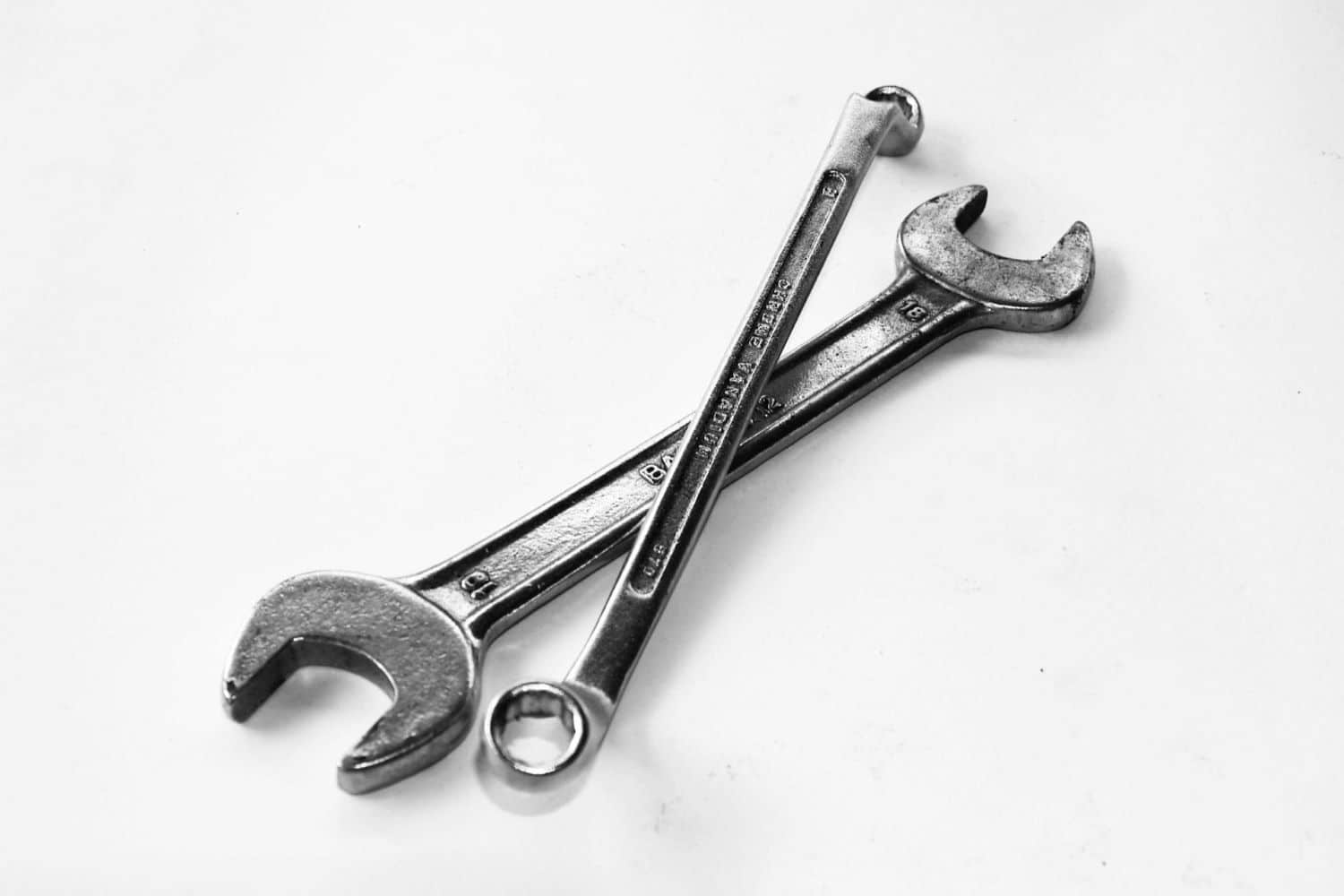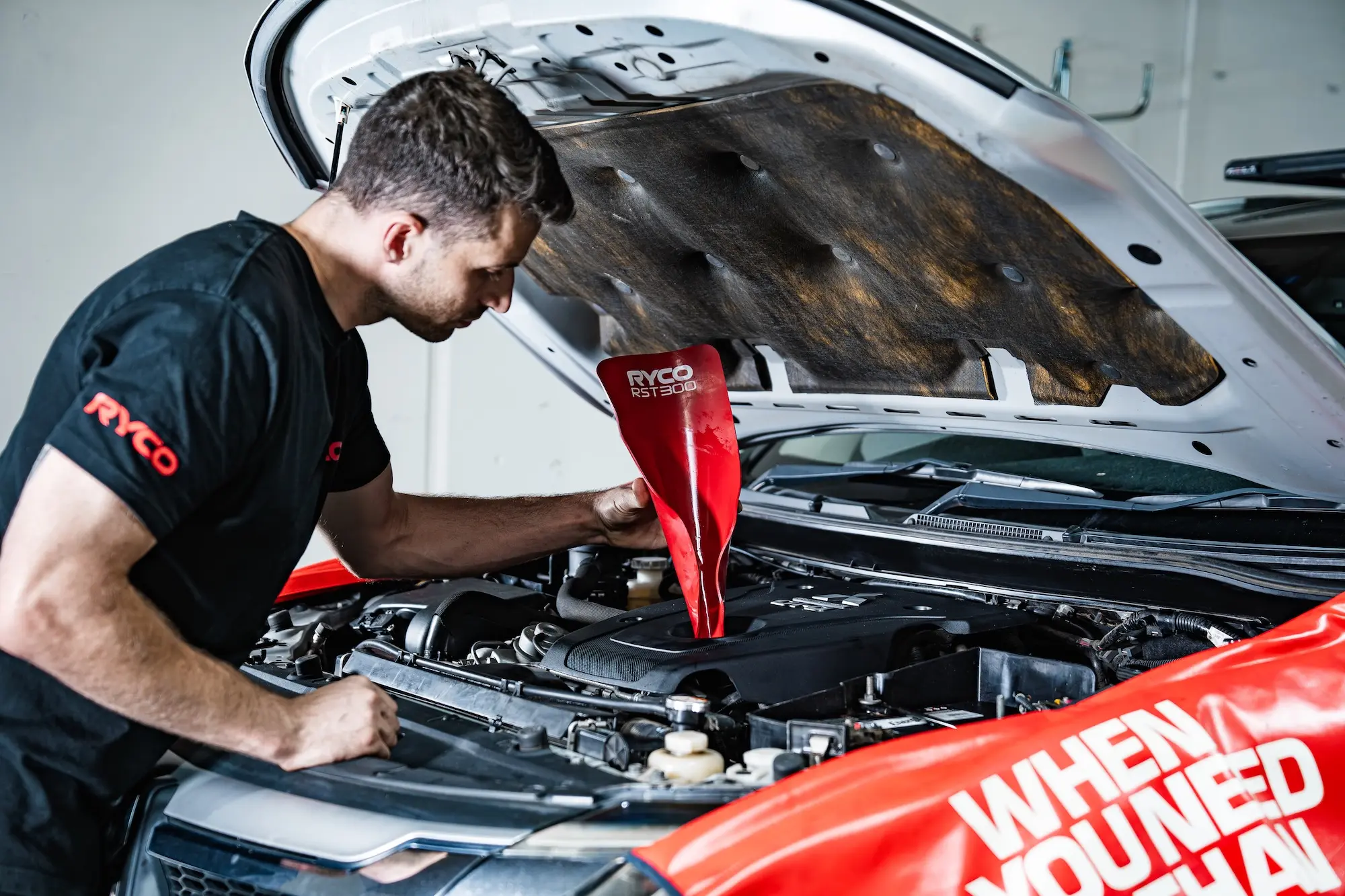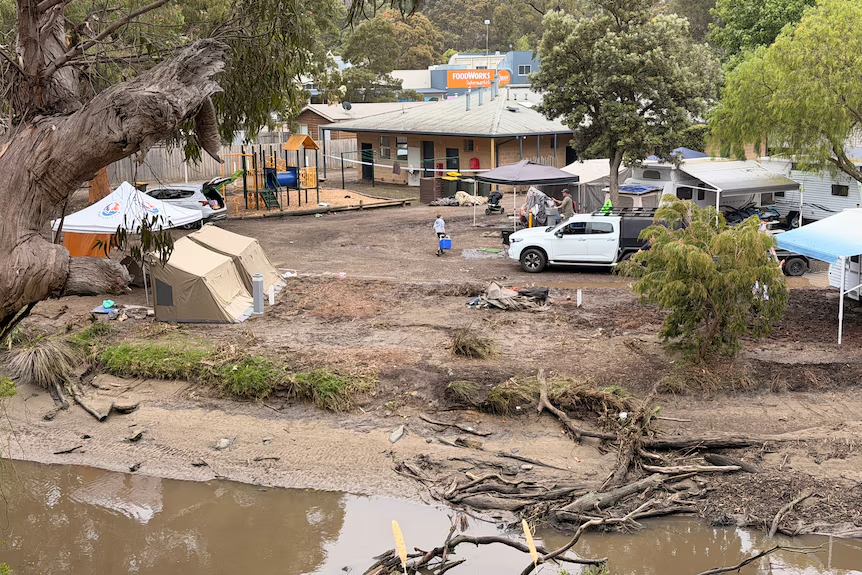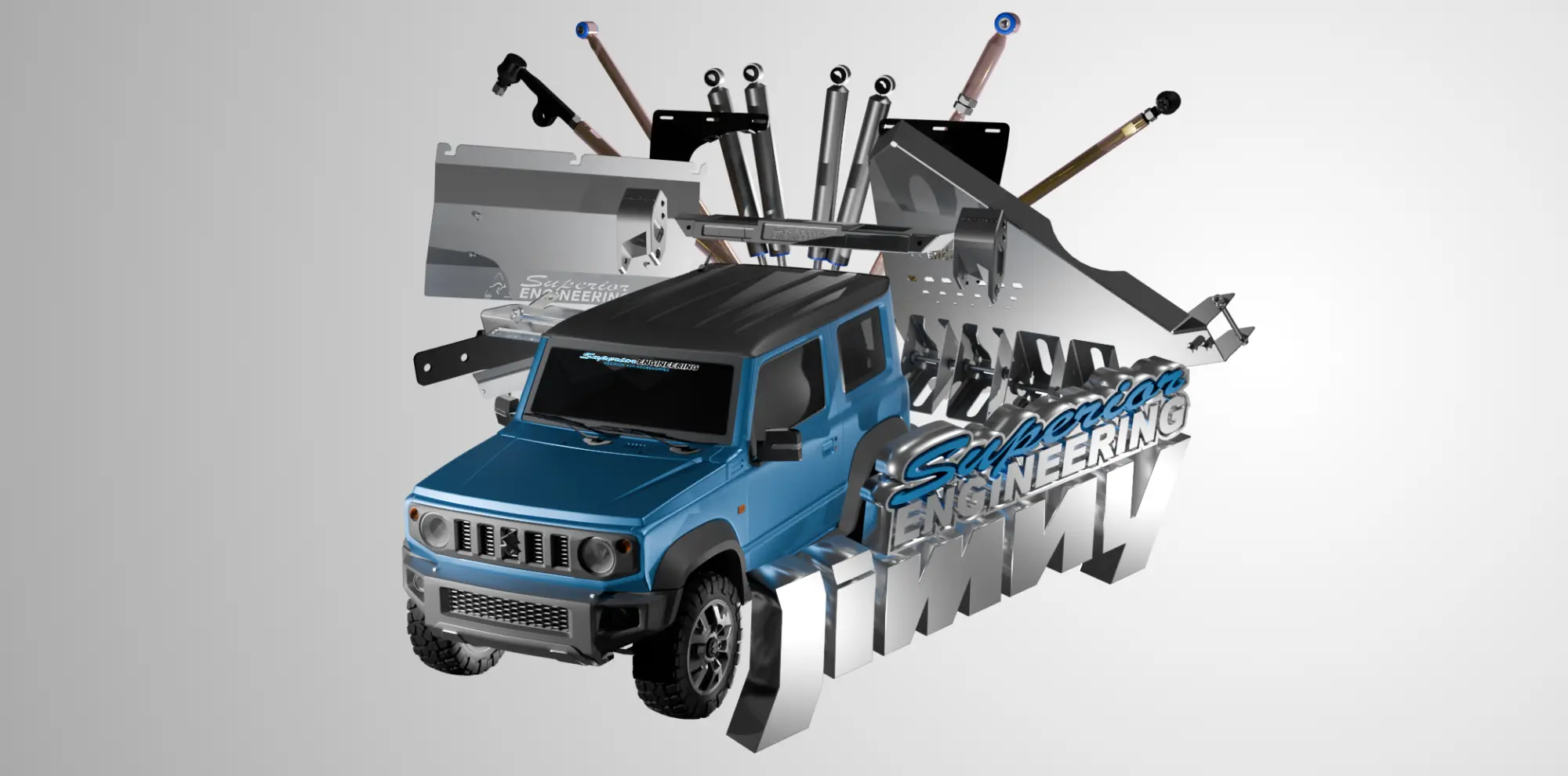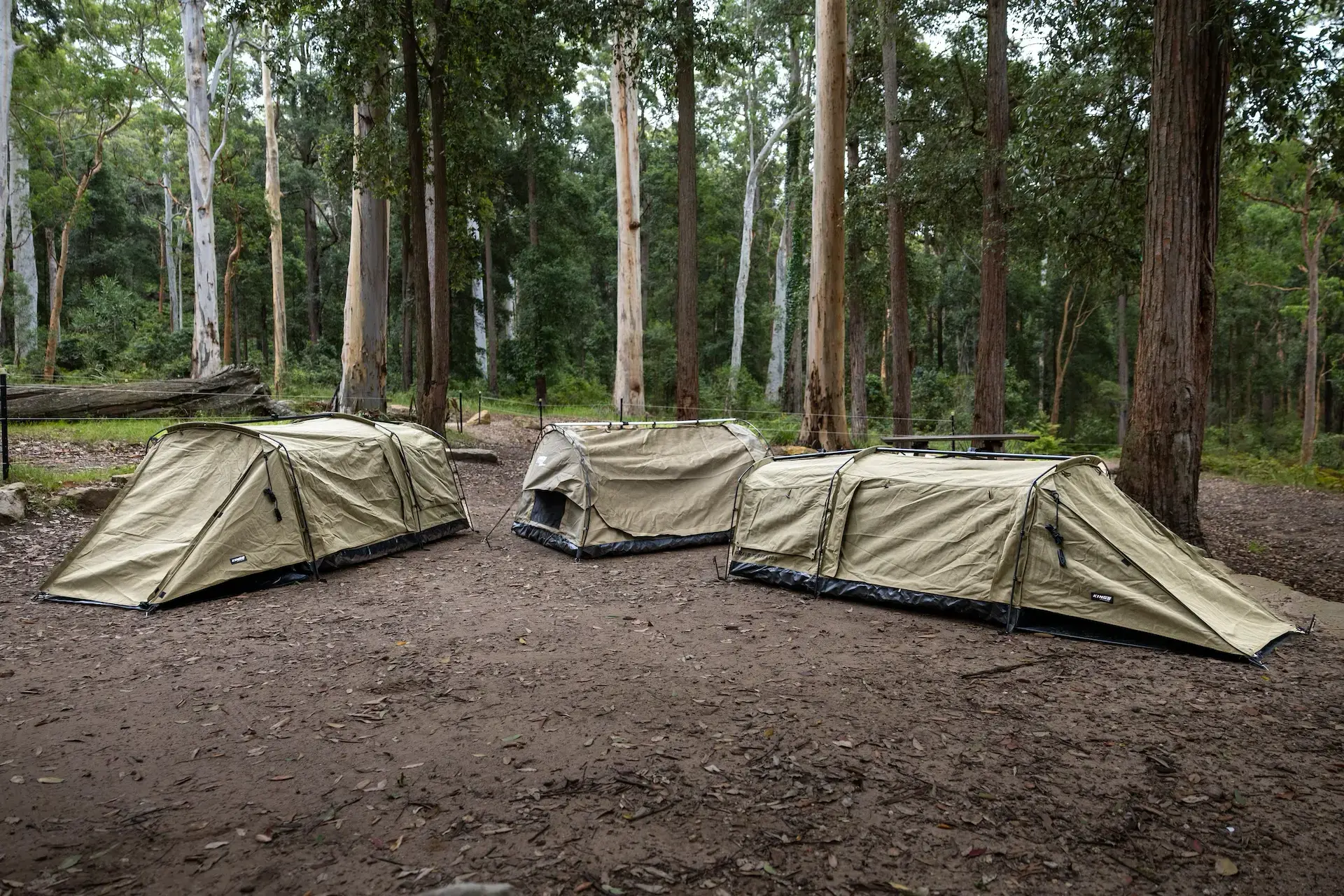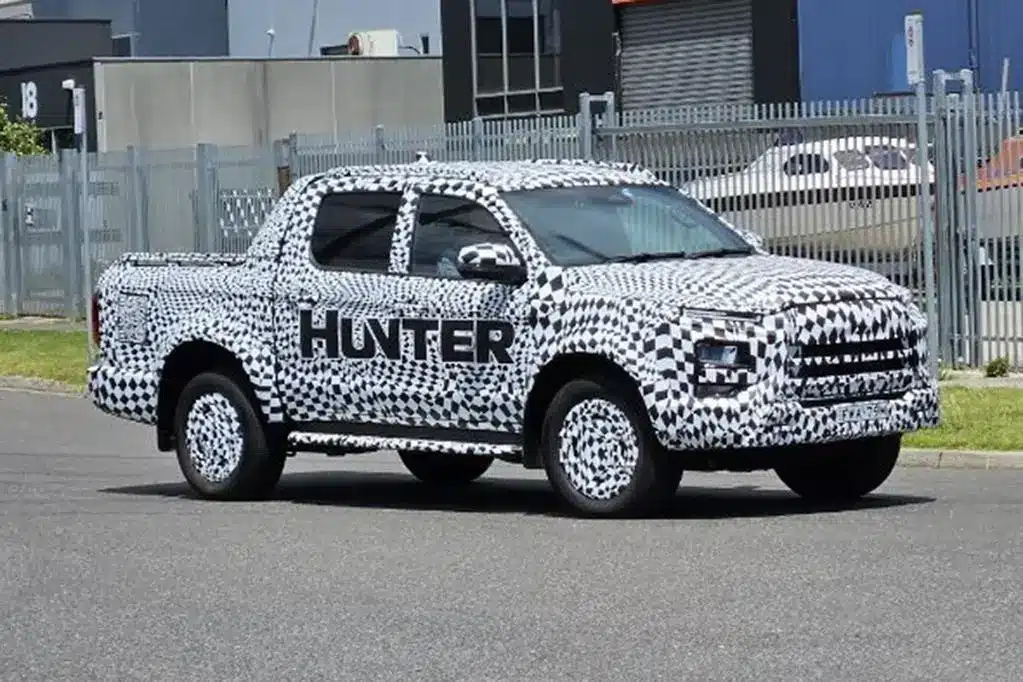If you’re an EV owner in New South Wales or you’re considering making the switch to something like a D-MAX BEV or the F-150 Lightning in the future, you might want to brace yourself, because getting your electric vehicle serviced might soon become a whole lot harder and more expensive with NSW’s proposed new EV repair regulations.
A new proposal from NSW Fair Trading aims to make the AURSS00064 Battery Electric Vehicle Inspection and Servicing Skill Set mandatory for anyone who wants to work on a battery electric vehicle (BEV). That includes not just complex high-voltage repairs, but even routine tasks like diagnostics or wheel alignments.
On paper, this might sound like a safety win. But here’s the reality: there are fewer than 50 technicians in NSW who currently hold this qualification, and over 80,000 BEVs are already on the road. That’s a massive supply and demand mismatch, and it’s got the industry ringing alarm bells.
A recipe for a repair crisis
According to the Australian Automotive Aftermarket Association (AAAA), the NSW draft EV repair regulation is “regulation without a plan.” It imposes sweeping changes without:
- A proper economic assessment.
- Accurate data on the number of affected vehicles or technicians.
- A strategy to recognise prior learning.
- A phase-in or support plan for the industry.
Worse still, access to this training is limited, especially in regional NSW. Courses run for 4–6 days and can cost up to $3000 per technician. Many small workshops simply can’t afford to lose staff for that long, or fork out that kind of cash, especially when they’re already qualified and experienced.
What about hybrids?
It’s unclear whether the NSW Fair Trading proposal has lumped the PHEVs in with the BEVs in these EV repair regulations as they’re not explicitly mentioned. The Australian Automotive Aftermarket Association (AAAA) has highlighted this inconsistency, noting that while both hybrids and BEVs contain high-voltage components, the proposal mandates the AURSS00064 skill set only for BEVs. This implies that technicians may continue servicing hybrids under existing qualifications without the need for additional training.
Who loses the most? Consumers.
Let’s call it what it is. If this NSW EV repair regulation goes ahead, we’re heading for a service bottleneck of epic proportions.
- Long wait times as EV owners scramble for qualified technicians.
- Higher repair costs due to less competition.
- Regional drivers potentially stranded with no access to service at all.
And let’s not forget, all this kicks in from September 2, 2025, without any workable transition period.
What’s the better option?
The AAAA has proposed a more balanced solution: make businesses responsible for ensuring their staff are trained for the tasks they perform. If someone’s doing battery work, sure, they need the qualification. But if they’re just updating software or changing tyres? Let’s not over-regulate common sense.
The model includes:
- Industry-informed guidelines tied to real-world tasks.
- Recognition of prior learning.
- OEM and internal company training pathways.
- A five-year transition period.
This approach keeps safety front and centre, without leaving EV drivers stranded or punishing already-qualified technicians.
Final thoughts
We all agree on one thing, and that is that technicians working on EVs should be competent and safe. But if NSW Fair Trading pushes ahead with these EV repair regulations without listening to industry experts, it will create a supply and demand equation that does not work in the favour of the consumer.
EV adoption is supposed to be the future, and while there’s been a lot of talk about whether infrastructure (charging and electricity) can keep up, there hasn’t been much noise about the servicing and repair side of the story. Let’s make sure the repair industry can keep up without driving up costs and wait times.
Read next:

